First – for those of you who are planning to join the online book club for The Post-BIrthday World, I am moving the date of the online book club to Monday March 10. This should give people a little more time to finish the book.
Second, a quick note – the NYT Book Review had an excellent review yesterday of James Collins’ Beginner’s Greek. (I posted about this book in January.) The review is worth a read.
And finally, a new find: The Savvy Reader (who also posts at My Tragic Right Hip) reviewed Diane Schoemperlen’s At A Loss For Words back in September. From her review:
It’s a swift, slight novel about a middle-aged woman who suffers from writer’s block brought on by the devastating end to a love affair with a man she had first fallen for over thirty years ago.
As the narrator works her way through crossword puzzles and self-help writerly books intended to break the curse of the block, she tells the story of the relationship with a comical and somewhat cynical edge that ensures the novel hits that sweet spot between literary and commercial fiction. As most of their relationship took place over email, with the two main characters living in different, undefined, cities, it’s a wordy novel, which really works. And the irony of being wordy while working through writer’s block isn’t lost on the protagonist.
The Savvy Reader also has an interview with Diane Schoemperlen. I particularly liked this question and answer about the use of email as a narrative method in the book:
DM: The format of the novel is so refreshing. Were you influenced by forms of modern communication?
DS: Definitely. One of the most important themes of the novel is the whole question of communication. The narrator is a writer…she is a communicator. After she becomes involved with this man, she is stricken by a serious case of writer’s block. She loses her ability to communicate with anyone but him, and he’s not talking back! The phenomenon of an email romance is particular to our age. The medium is quick, easy, accessible and immediate. But it has its limitations too, as the characters in the book soon discover. And it has its dangers. You can read an email over and over again, interpreting it in as many different ways as you like, trying to read between the lines and, as often as not, getting it all wrong! You can say all kinds of things in an email that you probably wouldn’t say if you were face to face. Once an email is sent, you cannot take it back!
I’d like to read this book.



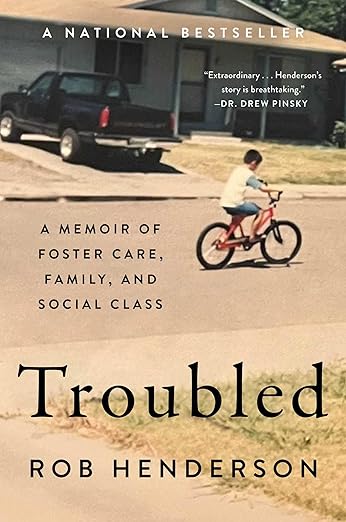



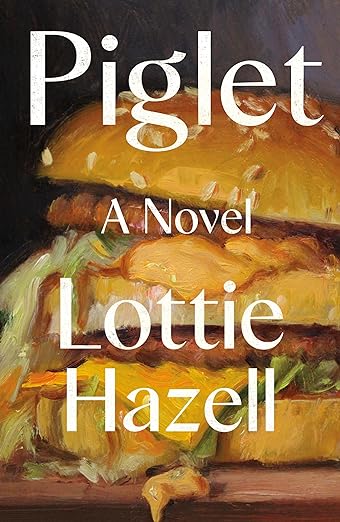

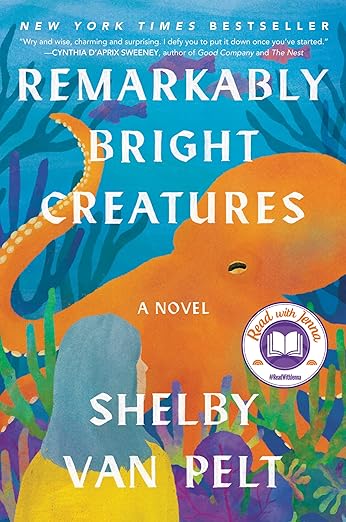
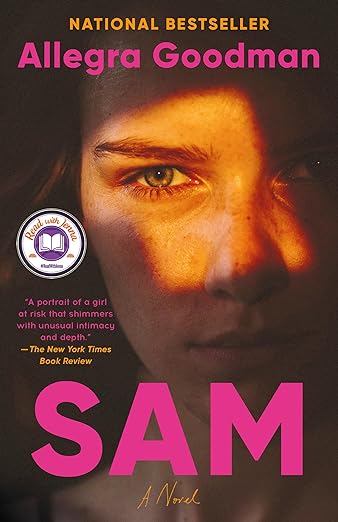

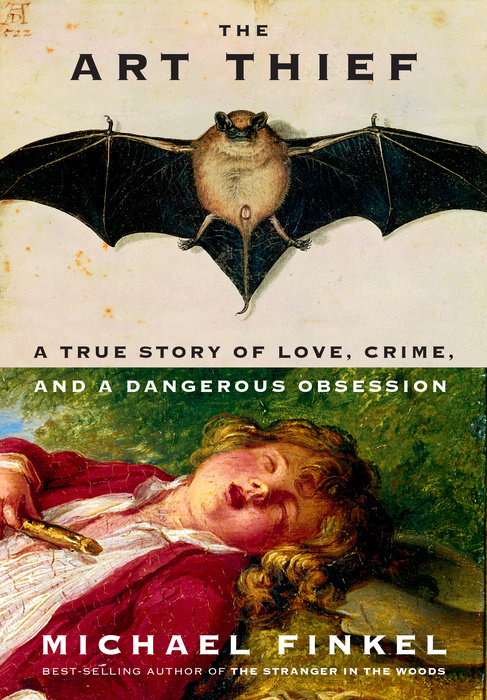
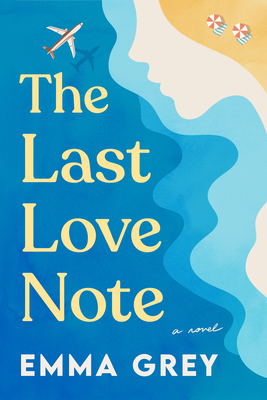
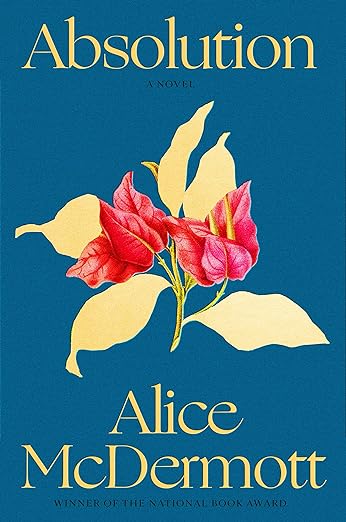


About Me
I have been blogging about books here at Everyday I Write the Book since 2006. I love to read, and I love to talk about books and what other people are reading.